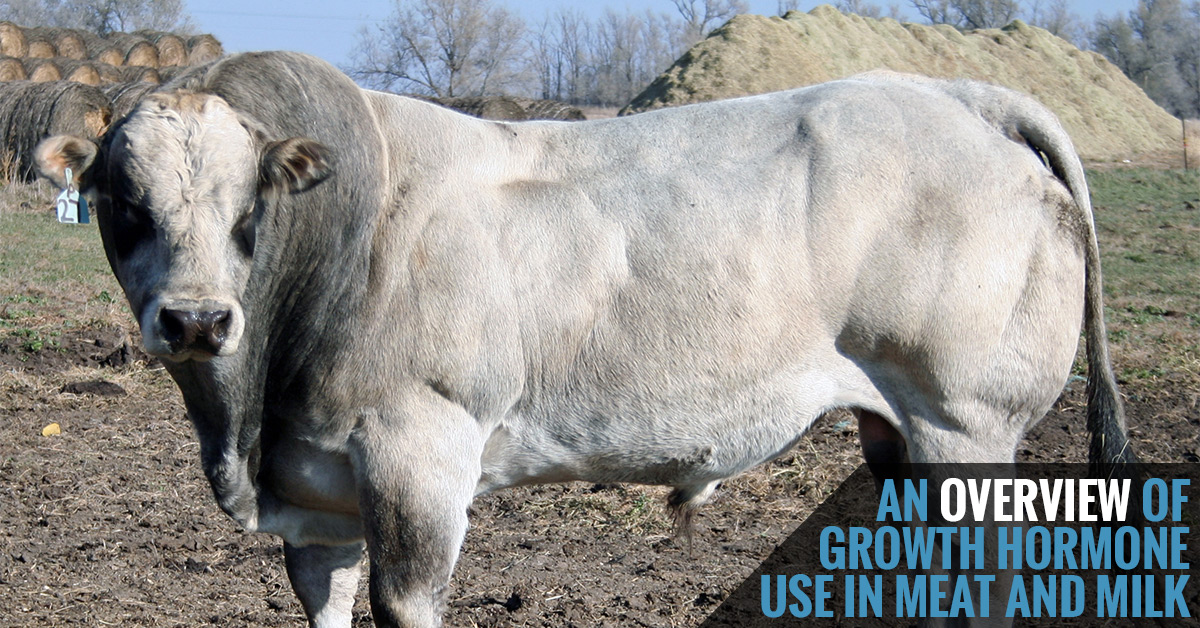Growth Hormones Are Nothing to Worry About
Growth hormones are both less universal than certain producers would have you believe and also safer. Scientifically speaking, meat from animals treated with growth hormones cannot affect your own hormonal profile; legally speaking, many types of meat—specifically, all poultry and pork—cannot ever be treated with growth hormones.
If there’s one thing to remember from this article, it’s this: the hormones animals are treated with must be injected to be effective. If they were effective when fed to animals, farmers would simply add them to feed. Since they are ineffective when consumed, however, they cannot affect our physiology.
There is also the issue of ractopamine, a non-hormonal growth-promoter—but even here, where there is scientific plausibility because it can be absorbed via the digestive track, the risks are much lower than any scaremonger would have you believe. Ractopamine is rapidly metabolized and excreted, making bioaccumulation difficult and the danger of contamination almost non-existent.
If the only reason you purchase organic or natural meat is the risk of exposure to hormones, then you need not worry. The advertisements of “hormone-free” seen on labels are there for marketing purposes, the same as the benefit claims on supplements that are closely followed by the FDA warning that none of it has been reviewed for evidence. Marketers do a great job of separating themselves from the pack by making such claims, but it doesn’t mean those claims are based on solid science—because they’re not.








